
post hero banner vecto
One morning in March 2021, we met up with Stéphane Chambonnière, not far from Vichy (Central France). This French businessman - who manages a fleet of 30 trucks – talked to us about his recent and future choices in terms of heavy goods vehicles to respond to major environmental challenges, his opinion on the new VECTO* simulation tool, and also how manufacturers are racing towards technological innovation.
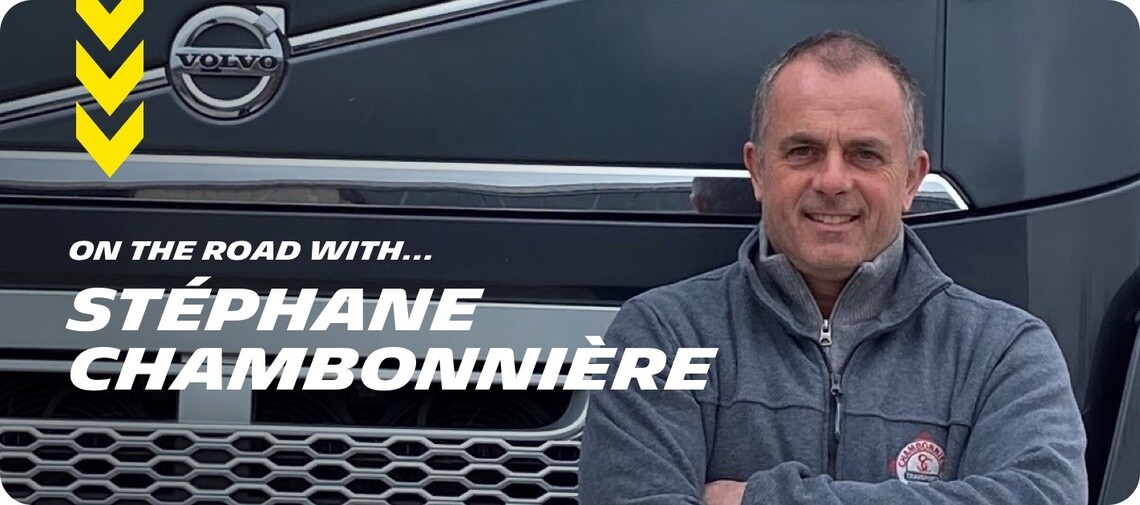
post portrait vecto
Stéphane Chambonnière, director of Stéphane Chambonnière Transports, Varennes-sur-Allier, France.
"VECTO is a really interesting tool for fleet owners"
The Chambonnière family has had transport in their blood, passed down from father to son since 1927.
My grandfather Alfred started his business in 1927, then my father Alain in 1976 and I started in 2004. It's not a typical family business because each of us in turn has created our own transport company, focused on different activities. I am the third generation, but I really started from scratch. I didn't take over my father's clientele.
What kind of transport activity are you involved in?
The company specializes in transport with on-board forklifts in France – more than half of our trucks are equipped. Almost 85% of our activity is in industrial transport. We work in large-scale distribution with clients such as Candia, Carrefour, Intermarché, etc.
We also have a niche activity, quite marginal, relating to abnormal loads, in particular transporting plant.
I have been working with major supermarket accounts for a few years. These customers ask us for CO2 assessments.
What do you know about the new VECTO simulation tool?
I'll be honest, I'm 50 years old and VECTO is a bit new to me. I've heard of it. On the other hand, the increasingly important economic and ecological constraints on trucks are not new to me. I have been working with major supermarket accounts for a few years. These customers ask us for CO2 assessments. We have already started investing in new energy sources: gas, biofuels, etc. We have just bought a B100 Renault Trucks hybrid tractor which will be delivered in October. The company OLEO 100 is going to install a tank to allow us to store fuel that is 100% plant-based and 100% made in France.
This week we are testing a VOLVO LNG (Liquefied Natural Gas). We are aware that this process is going to move quickly.
You may also read:
You have already begun to get ahead of the curve by choosing trucks with alternative solutions. You deliver to city centres, where regulations are becoming most severe. What trucks do you envisage using for these deliveries?
Everyone expects it to be electric trucks for last mile deliveries. I don't quite agree with that. I find that on-board forklifts combine economy and ecology. In terms of CO2, we don't transfer the goods. Delivery is directly from the factory to the individual, from point A to point B. This doesn’t generate any extra pollution. When you are autonomous, you don't need another carrier to do the last mile.We’ve acted early because we currently have only EURO 6 trucks with Crit'Air air quality certification which allow us, for now, to access city centres in France. And of course, if necessary, we will invest more in gas.
Electric is not ready for heavy freight right now. There isn't a sufficient offering of autonomous solutions.
What is important and interesting with VECTO is that the manufacturers get up to speed in terms of consumption.
Concretely, what is the advantage of VECTO for you?
It's the decrease in diesel consumption. I estimate it at 30-35 % of our total budget. If we can reduce our consumption, it will allow us to increase our margin; although you have to take into account that the vehicles are increasingly expensive. We have 3 VOLVO I-Saves that consume two to three litres/100 km less than the older generations of Euro 6 VOLVO 500s. This represents around 4-5%. Imagine if you could multiply that over a year on 30 vehicles, that's your margin. The more manufacturers innovate, the more interesting it is for us.
With the new trucks we are moving to 29- 30 l/100 km where we had 4 year old trucks on 35 l/100 km. That’s huge! What is important and interesting with VECTO is that the manufacturers get up to speed in terms of consumption. Engine technologies are evolving every year. Everything is accelerating.
How does this acceleration affect you?
This is a period where we can no longer afford to over-pollute. Every era has its obligations, even if it is difficult because it requires adaptation and significant investment. We must make a commitment, try to transform these constraints into opportunities for our planet.
2030 is just around the corner. How do you see your fleet in 9 years?
Our fleet is now 100% Euro6. Maybe by 2030 we will have switched entirely to gas, or 50% gas and 50% B100. We are aware that there will be setbacks: breakdowns, difficulties in refuelling with vegetable fuel... If our customers are willing to help us in this process, we are ready to take the leap very quickly!
Transports Chambonnière identity card
Head office: Varennes-sur-Allier - Auvergne-Rhône-Alpes region- - France
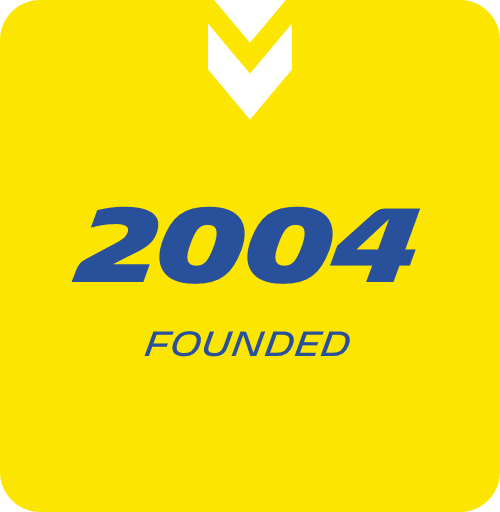
post key founded vecto

post key drivers vecto
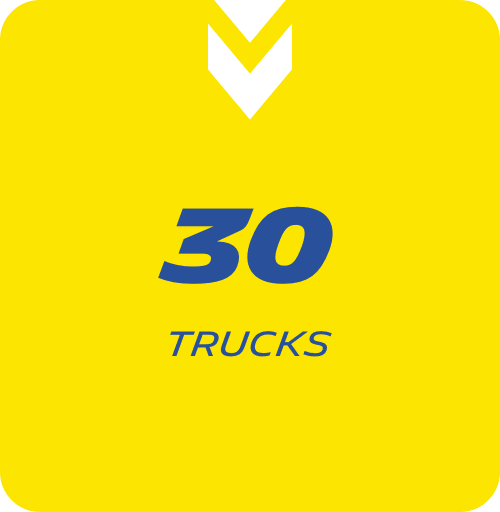
post key trucks vecto
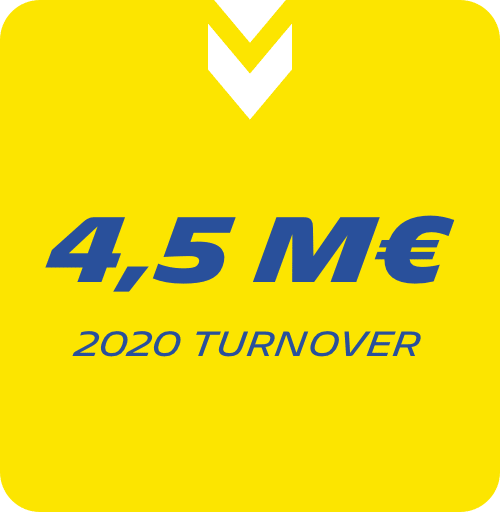
post key turnover vecto
* Vehicle Energy Consumption Calculation Tool
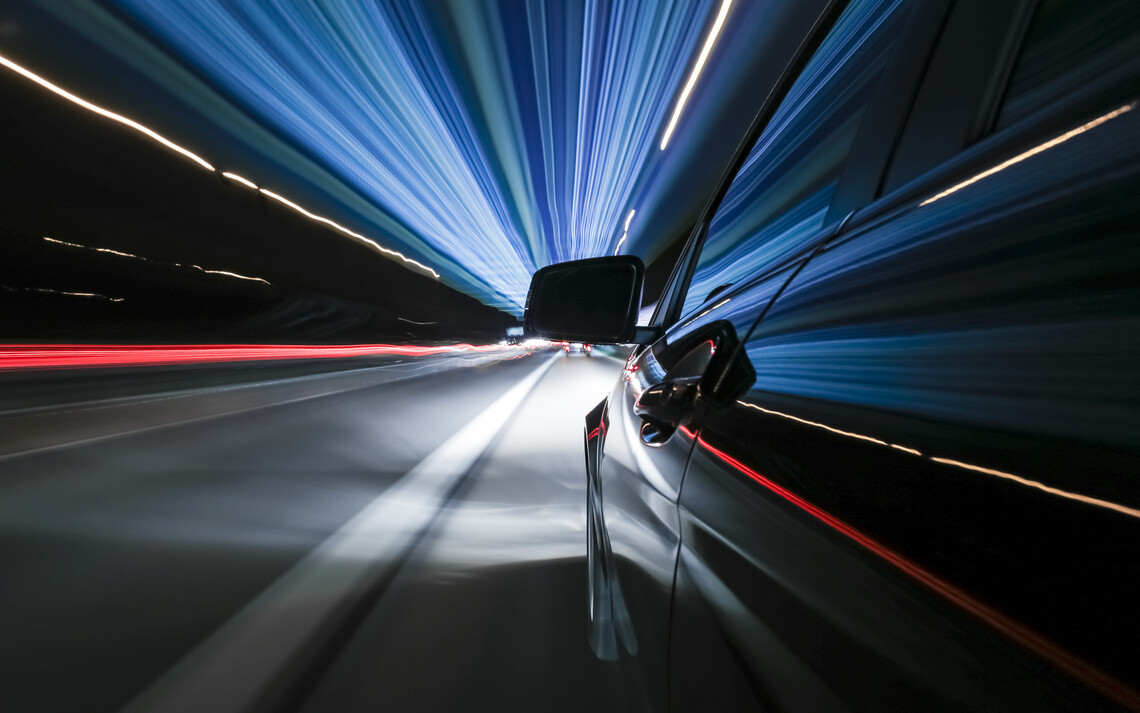
gettyimages 930571046
car going fast on a road by night






